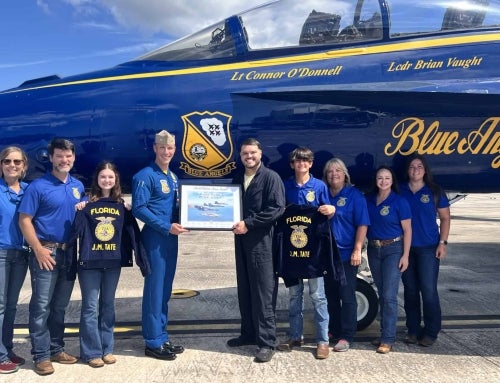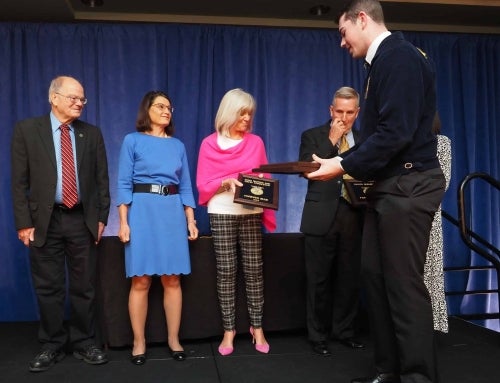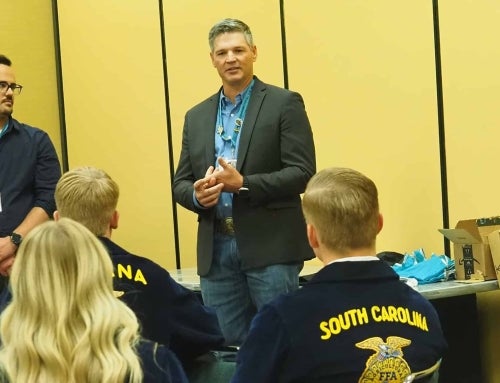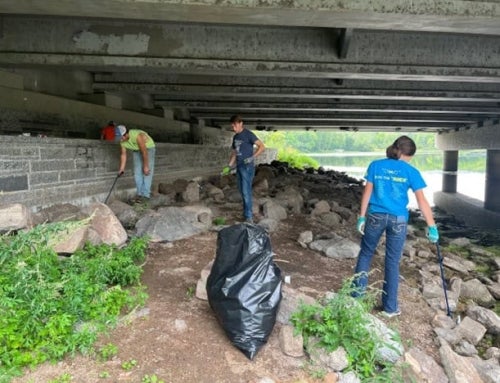
Opening Session, Session 1A, Main Stage
Juan Bendaña is no stranger to being a beginner. Although he’s now a nationally recognized speaker and has the chance to share his story with FFA members as one of this year’s national convention keynote speakers, Bendaña says his career began when he was 19 years old.
“I wasn’t always a confident person,” he says. “I was terrified of talking to people and speaking in front of groups. I cared so much about what people thought.”
When reflecting on the early stages of his journey, Bendaña says it was clear his public speaking skills didn’t come naturally. Instead of letting this fact limit him, it fueled his motivation to become a motivational speaker.
“There’s this misconception that confident people are just born that way,” he says. “I’m here to debunk that myth.”
While many people believe their potential is based solely on their current strengths and weaknesses, Bendaña has made it his personal mission to motivate others to expand these perceived boundaries. He draws on his personal experiences as proof. “I was someone who didn’t start with any confidence, drive or energy for their life or their goals, but then I found a way to make a series of decisions to change that.”
The Best Teacher is the Stage
How did someone with absolutely no public speaking skills build a successful career in motivational speaking? Although some may consider it an unconventional strategy, a then-19-year-old Bendaña emailed everyone he could think of asking for opportunities. His first speaking experience was for the local rotary club’s monthly breakfast meeting. At 7:00 a.m. on an average weekday, Bendaña shared an hour of content with 80 members as they casually ate breakfast. His second speaking gig was in a classroom with seven students.
Bandana’s desire to gain speaking opportunities motivated him to pursue any engagement he was offered, and his hard work began to pay off.
“People often compare their behind-the-scenes to everyone else’s highlight reel,” he says. “They see the national convention [speeches] or they see the confidence, but they don’t understand the work that was put in.”
He says he often hears people say they want to become more comfortable with public speaking, so they decide to do one presentation. “The reason they’re not building confidence is because they’re not doing it long enough,” he advises.
For those interested in growing their speaking skills, Bendaña recommends a different approach, and encourages FFA members not to give up too soon.
“The best teacher is the stage,” he adds. “Get in front of as many people as possible.”











